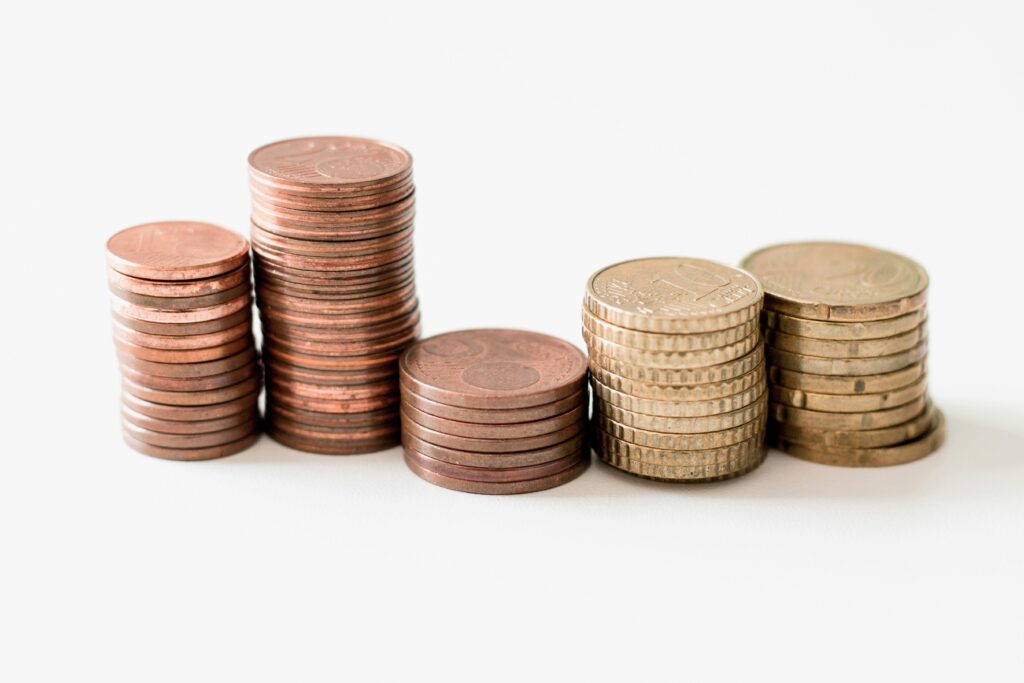Where I’ve been on the income curve
I grew up in a middle-income family. There were those who had more and those who had less.
Then I went to law school, where I was definitely part of the economic lower class. I had enough food to eat. I had a car. But I barely had enough for much else. I think it’s safe to say that for that three-year period, most people had more than I did.
And, in the last 15 years or so, I have been incredibly fortunate financially, part of the vilified 1%. I mention this not as a point of pride. It is not and should not be that; I mention it as a point of fact.
I have experienced so-called income inequality from all different places on the spectrum. It is from that experience, and hopefully from the perspective of the kingdom of God, that I offer this post.
Is income inequality a bad thing?
More specifically, I pose a question: Why do we think income inequality is a bad thing? No one ever asks that question.
Some individuals are naturally stronger, yet we don’t agonize over “strength disparity.” Others possess greater intellect or more attractive features, but we don’t protest with moral outrage about the “intelligence divide” or the “beauty gap.” Certain people reside in areas blessed with consistently pleasant weather, yet no one insists that everyone is entitled to live in San Diego.
It’s different when it comes to money, and I think it is different because to the world, and to too many Christians, money, whether we admit it or not, is more important than anything. In reality, income inequality is only as bad as money is important.
The alternative is worse
And, we have to consider the alternative. What if we lived in a world where the person who worked the hardest earned the same as the laziest person who worked the least? Fair? Just? Compassionate?
Now look, I get it. Some people who work very hard make less than others who work less, and some people by virtue of their fortunate birth get a great head-start over others with the same ability, but we are speaking here in generalities, just as Jesus did in the parables. And in one of those parables, Jesus addressed this very issue.
What the Bible says about income inequality
In the Parable of the Talents Jesus told the story of three workers given different starting places on the income ladder. See Matthew 25:15-40.
The first point Jesus made is that opportunity comes generally based on one’s competence or skill level. See Matthew 25:15. Fair? I think so. When the world is functioning well, as God intended it, the most responsibility should go to the most responsible i.e. those best able to discharge that responsibility successfully. The lesson here: do everything you can to improve your skill level at work.
The second point Jesus makes is that how well we do with the responsibility we are given determines how much we will be given in the future–not in heaven, or in a future New Jerusalem, but now, on the earth.
Thirdly, because of these principles, income equality will exist (Matthew 25:29), and people will complain it is not fair . Cf. Luke 19:25 (“Master, he has ten minas already.”).
Surprisingly, the Bible never condemns income inequality as a bad thing per se.
The Bible speaks to individuals not systems
The Bible never condemns income inequality generally. Instead, it addresses individuals at different places on the income scale.
In the Parable of Talents, the master reprimanded the man who was poor because he was lazy, telling him what he should have done instead. Matthew 25:26-27.
To those who are rich the Bible commands they be generous and ready to share. I Timothy 6:17-19.
And to all–rich, middle class, and poor–the Bible counsels contentment. Philippians 4:11-12.
To address systems and not individuals is to address no one. No one person ever takes responsibility for a system.
In short, if we are approaching this from a Kingdom perspective, instead of talking about income inequality we need to shift the conversation to the importance of generosity, the danger of indolence, and the necessity of contentment. GS



1 thought on “What the Bible Says about Income Inequality”
Very insightful.